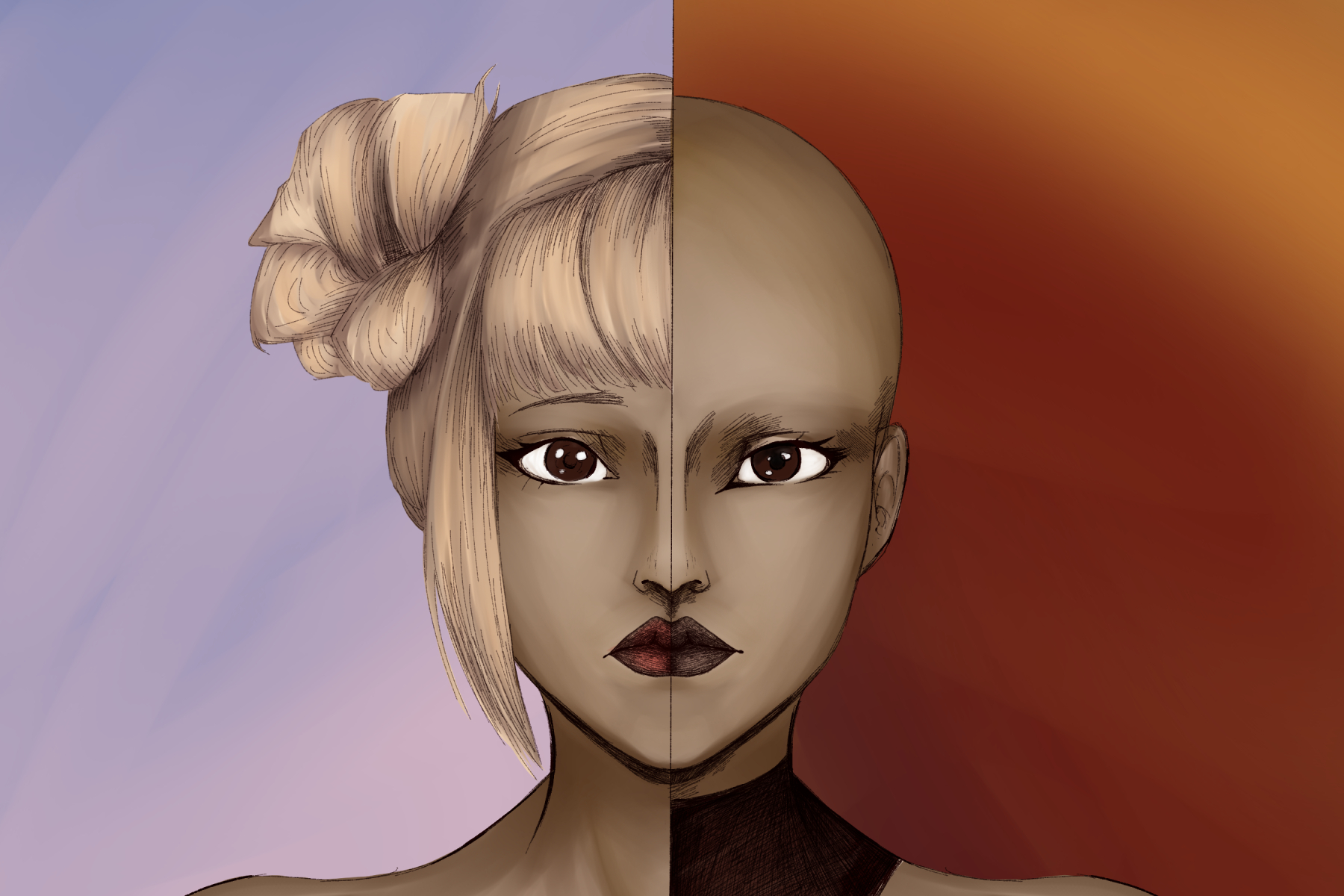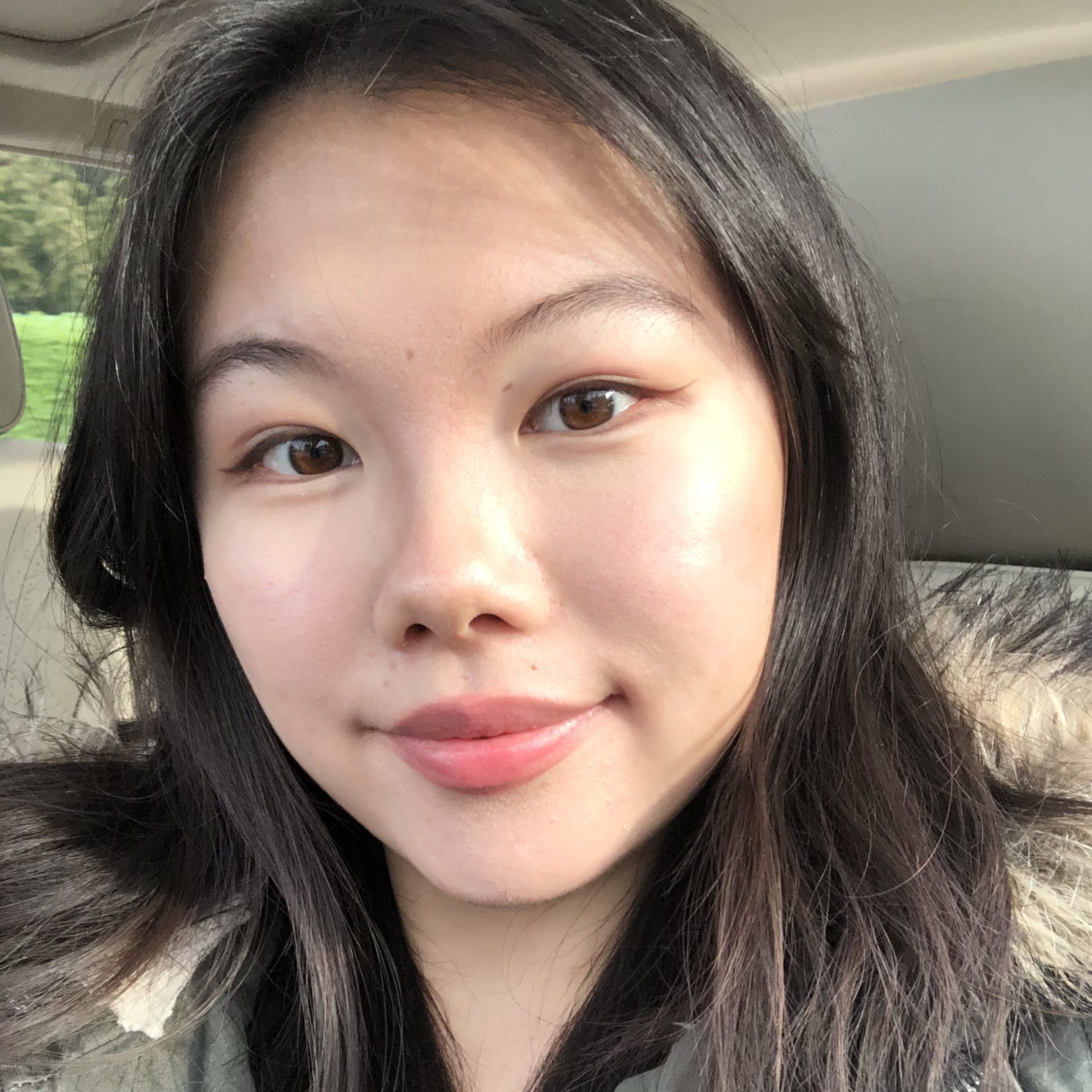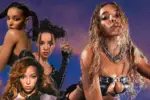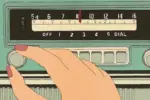With her flawless switch-ups, versatile voice and effortless flow, Doja Cat’s talent in the music industry is undeniable. A self-producing rapper, she has long surpassed the stage of releasing music on Soundcloud, now boasting multiple Billboard-charting tracks and music awards, including a Grammy. Not only does her musical talent impress but so does her performance ability and personality. In videos of her live concerts, the crowd rivals the rapper’s performance, chanting each song’s lyrics in synchronization. Her musicality solidifies her status as one of the most promising artists of our time. However, despite her success, Doja Cat is currently the subject of criticism and controversy.
Behind The Artist
Amala Dlamini, born on October 21st, 1995, began posting her music to Soundcloud at just 16 years old. Around this time, she dropped out of high school due to her disinterest in traditional education and careers, having a greater interest in performing and music. She cites Busta Rhymes, Erykah Baduh, Nicki Minaj and Drake as some of her primary inspirations. In 2018, she released a music video for her song “Mooo!,” which has racked up over 123 million views. The song became viral shortly thereafter for its catchy lo-fi beat, absurd lyricism, meme-like editing and Dlmamini’s cow costume in the music video.
In 2020 Doja Cat released the single “Say So” from her second album Hot Pink, which also went viral on TikTok due to Hayley Sharpe creating a dance for the song. The song would peak at the number 2 spot on the Billboard Hot 100, becoming Doja Cat’s highest single and the most streamed song of 2020 by a U.S. female artist. She would go on to produce more viral hits and collaborate with famous rappers and artists such as Saweetie, The Weeknd, Ariana Grande, Travis Scott, Lil Nas X and more. In summing up Doja Cat’s artistry, staff writer Robyn Mowatt writes of Doja Cat’s “snappy lyrics, live video streams, outlandish outfits, and memorable viral moments… it’s also her live performances which typically are infused with a touch of eccentricity.”
Controversies and the Toll of Fame
Despite her evident musicality, Doja Cat has also been involved in multiple controversies. Starting from 2018 to 2020, the history of Doja Cat’s Twitter, online chatrooms and music resurfaced of her using homophobic and racist slurs. She both denied and apologized for her past racist actions, saying: “I personally have never been involved in any racist conversations … I’m sorry to anyone I offended. I understand my influence and impact and I’m taking this all very seriously.” A past user of the chatroom even defended Doja Cat, saying she has never made any racist comments.
However, her controversies did not end there. In March 2022, Doja Cat was set to perform for the 2022 Asunciónico Festival in Paraguay. Unfortunately, the festival was canceled due to Paraguay’s flooding and thunderstorm conditions. Afterwards fans crowded around her hotel to catch a glimpse of the rapper and hoped to interact with her.
Much to their dismay, Doja Cat did not come out, leading to individuals accusing her of being rude and apathetic. Her lack of pictures on social media of Paraguay also made fans feel “empty” and uncared for. Doja Cat was additionally accused of being biased towards other countries, such as Brazil, in comparison to her lack of interaction with Paraguayan fans. This is especially in contrast to other festival headliners, such as Machine Gun Kelly who would perform outside of his hotel, and Miley Cyrus who posted a live video of herself singing to fans on social media. Due to the intense backlash and scrutiny, the artist would go on to claim “I can’t wait to f— disappear and I don’t need you to believe in me anymore. Everything is dead to me, music is dead.” She would also change her Twitter bio name to “I quit” and later “I quit still.” Two days later, Doja Cat would retract her claim, although stating “It wasn’t a joke, not to me at the time.”
The Double Standards of Female Rappers
In August 2022, Doja Cat shaved her head and would later shave her eyebrows on an Instagram live stream. Her reasoning was simply that she “never liked having hair,” bringing up an example where: “I would be working out, but I couldn’t focus because I was more concerned about how I looked.” Unfortunately, her new look was met with disapproval from some of her followers, who expressed their disappointment in missing the “old Doja.”
This criticism highlights a larger issue faced by Black female rappers in the male-dominated industry. Women have already been the subject of misogynistic, objectifying lyricism and sexualization in music videos all throughout the music industry. In 2019, The Brew Podcast’s list of the 50 best rappers of all time did not include any women. When an individual claimed that Nicki Minaj should at least be in The Brew Podcast’s top ten best rappers, many debated whether she was ‘worthy’ of such a title. As critic Taylor Crumpton writes, “Due to power dynamics, those in charge decided to weaponize their gender in efforts to not grant [female rappers] the titles they deserve.” Nicki Minaj adds “The Grammys have brainwashed us for years into believing that the Grammys are about talent.” Not only does the music industry sexualize and degrade women, but also refuses to acknowledge and award their talent.
The treatment of Black female artists is often marred by double standards, as their music and appearances are heavily scrutinized while their male counterparts are not held to the same standards. In 2021, Cardi B and Megan Thee Stallion’s song “WAP” faced immense backlash for its sexual explicitness, despite male rappers including sexual content in their songs for decades while facing no repercussions. Female rapper Big Jade alleges that she did not sign with Offset’s label because he told her to “get [her] body done.” Overall, female rappers face double standards in the scrutiny of their music as well as pressure to appear feminine and desirable.
Beloved or Hated Artist?
Doja Cat’s new look is the artist’s act of liberation in freeing herself from the male gaze and society’s expectations of femininity. Criticism of her appearance, however, highlights the ongoing issues of sexism in the music industry. Despite her controversies, it is inspiring that she is choosing to rebel against the double standards and high critique of female rappers in the industry.
In the future, Doja Cat aims to shift from her hip-hop, pop and R&B style to a darker sound. Her future album, “Hellmouth,” is expected for release in 2023 and is “‘90s rave-inspired.” The artist reveals the album will be “rap only,” adding that “pop isn’t exciting to [her] anymore.” Whatever Doja Cat does, her fame and talent is sure to draw attention and spark new trends around the world.

















